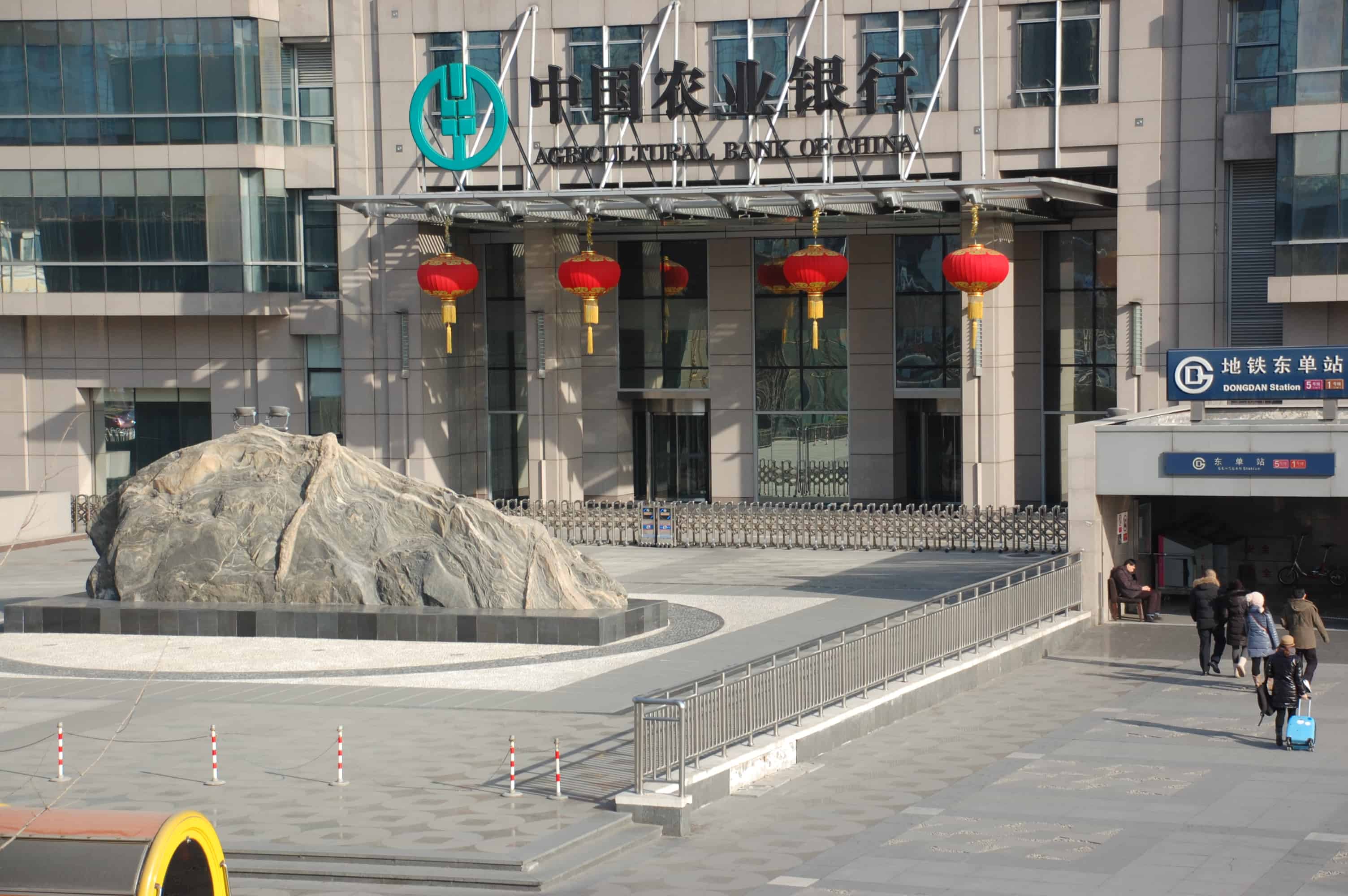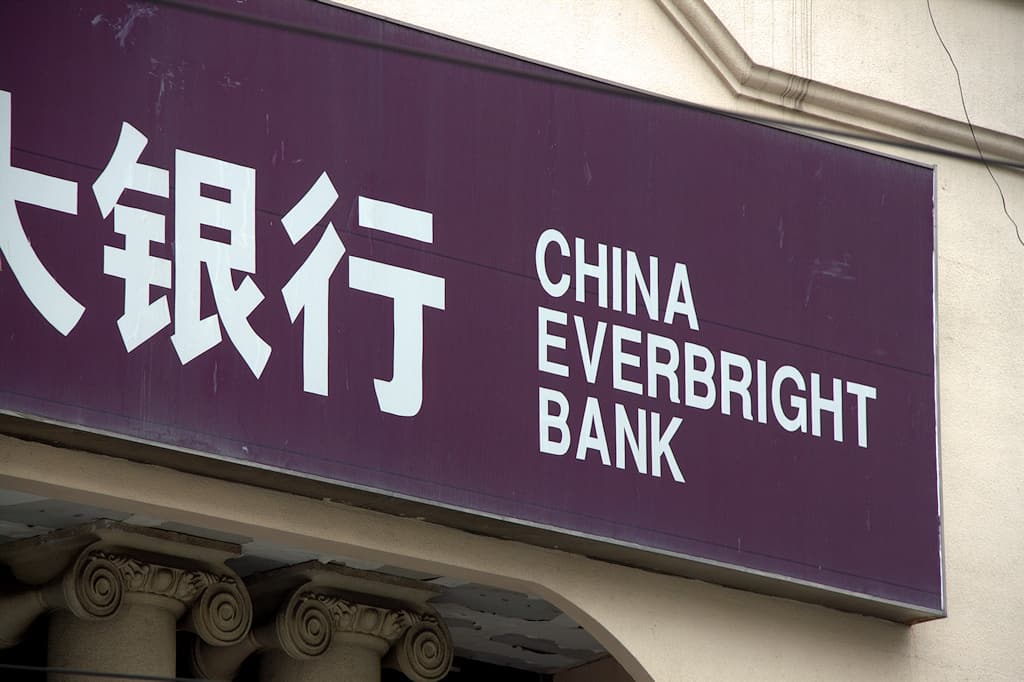China’s dauntless campaign against systemic risk in the finance sector is driving up the share price of the country’s biggest banks beyond book value.
The Hong Kong-listed shares of China’s big four state-owned banks (Agricultural Bank of China, Bank of China, China Construction Bank and the Industrial and Commercial Bank of China) have seen their average price-to-book value ratio approach 1, for the highest reading since the end of the last equity boom in 2015.
Both CCB and ICBC have seen their market capitalisation rise above the value of net assets.
According to Bloomberg this surge in the shares of Chinese banks signifies rising confidence in Beijing determination and ability to contain risk and shore up the health of the financial sector.
“The fact the policy makers seem to be much more convinced about deleveraging and committed towards deleveraging is making the sector more investable again,” said Michael Chang, analyst at CIMB Securities Ltd., to Bloomberg.
The non-performing loan ratio of Chinese banks is holding steady, while Beijing’s deleveraging campaign is curbing risk in key areas such as lending to non-bank financial institutions and wealth management products.
China’s improving economic performance is also helping to assuage risk concerns, as are the higher interbank rates that improve profits for the bigger banks who supply funds to their smaller peers.
“The market is starting to believe that even though there may be issues, the issues are getting addressed,” said Felix Lam, fund manager at the asset-management subsidiary of BNP Paribas SA.
“We are entering into a phase where because of increasing interest rates in the interbank market, there could be a higher likelihood that the net interest margin will go up.
“The trend of earnings growth would have a positive kicker if that happens and that would be one of the keys to turning around investor preference for banks.”



